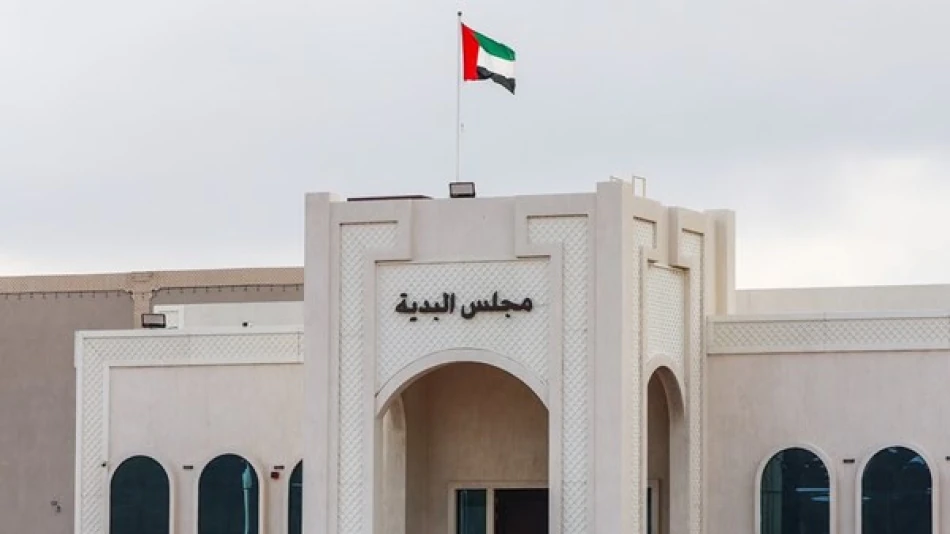
Proactive Family Leads Charge in Municipal Council Discussions
UAE Community Leaders Launch Grassroots Anti-Drug Campaign Through Family Education
The UAE is strengthening its community-based approach to drug prevention through targeted family education programs, as local councils take the lead in building awareness at the neighborhood level. A recent awareness session in Fujairah exemplifies how the Emirates is shifting from top-down enforcement to community-driven prevention strategies, positioning families as the first line of defense against substance abuse.
Community-Centered Prevention Strategy Takes Root
The Mohammed bin Hamad Al Sharqi Council organized an awareness session titled "Conscious Family, Safe Society: Towards a Drug-Free Environment" at the Al Badiya Community Council. Dr. Jasim Khalil Mirza led the session, focusing on equipping families with practical knowledge and skills to protect their children from drug-related risks.
The initiative represents a notable shift in the UAE's approach to drug prevention, moving beyond traditional law enforcement methods to embrace community education and family empowerment as primary prevention tools.
Comprehensive Family-Based Framework
Dr. Mirza's presentation covered several critical areas that form the foundation of effective family-based prevention:
Early Prevention Strategies: Families learned to identify risk factors and implement protective measures before problems emerge, emphasizing the importance of proactive rather than reactive approaches.
Positive Parenting Techniques: The session addressed modern parenting challenges, providing parents with evidence-based methods to build strong relationships with their children while maintaining appropriate boundaries.
Effective Communication Channels: Parents received guidance on creating open dialogue with their children, fostering trust and encouraging honest conversations about difficult topics including peer pressure and substance use.
Regional Context and Global Trends
The UAE's community-focused approach aligns with successful prevention models implemented in countries like Singapore and Canada, where family education programs have shown measurable results in reducing youth substance abuse rates. Unlike purely punitive approaches, these programs recognize that sustainable prevention requires community buy-in and family engagement.
This initiative also reflects broader regional trends in the Gulf, where governments are increasingly recognizing that rapid social and economic changes require adaptive prevention strategies that address modern challenges facing families.
Implementation and Long-term Impact
The choice to hold the session at a community council rather than a government facility signals the UAE's commitment to making prevention resources accessible and non-threatening to families. This grassroots approach helps reduce stigma while encouraging broader community participation.
By focusing on skill-building rather than fear-based messaging, the program addresses a critical gap in traditional drug education. Parents learn to recognize concerning behaviors and respond with informed strategies rather than panic or punishment, potentially preventing minor issues from escalating into serious problems.
The success of such community-based initiatives will likely influence policy development across the Emirates, as local councils demonstrate the effectiveness of prevention through education rather than enforcement alone. This model could serve as a template for other regions seeking to strengthen their drug prevention capabilities through community engagement.
Most Viewed News

 Layla Al Mansoori
Layla Al Mansoori






